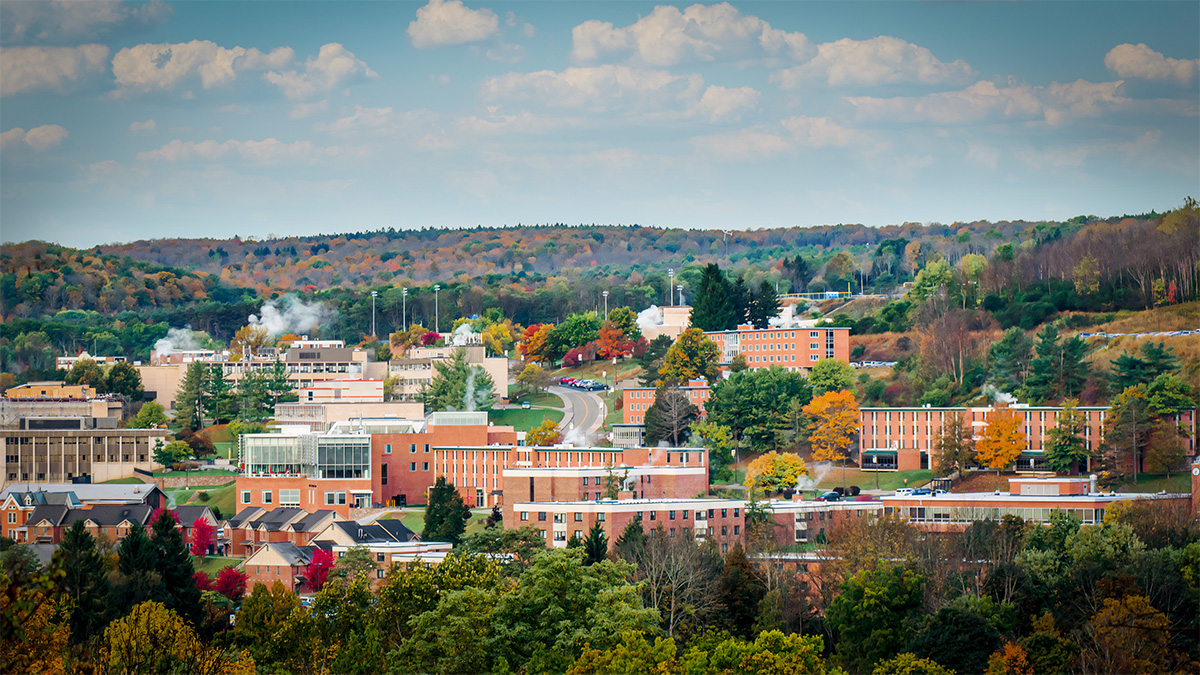
At a glance
Dr. Richard Kellogg, professor emeritus of psychology at Alfred State, is the author of an article appearing in the most recent issue of THE NEW YORK REVIEW OF SCIENCE FICTION, a quarterly literary journal. Titled "Philip Wylie: The Crusader of Science Fiction," the article discusses how author Philip Gordon Wylie (1902-1971) incorporated important social issues into his novels of speculative fiction.

Dr. Richard Kellogg, professor emeritus of psychology at Alfred State, is the author of an article appearing in the most recent issue of THE NEW YORK REVIEW OF SCIENCE FICTION, a quarterly literary journal. Titled "Philip Wylie: The Crusader of Science Fiction," the article discusses how author Philip Gordon Wylie (1902-1971) incorporated important social issues into his novels of speculative fiction.
Wylie's first major crusade was to inform his readers about problems of mental health and the value of psychotherapy. He believed in the efficacy of psychoanalysis and underwent two long periods of analysis, both Freudian and Jungian, during his life. His books made it more socially acceptable to admit the presence of a mental disorder and to seek assistance from a psychologist or a psychiatrist.
His second crusade was to share his perceptions about the perils of a global atomic war. Wylie, the holder of a top-secret clearance, served as an advisor to the Senate Special Committee on Atomic Energy and as consultant to the Federal Civil Defense Administration. He wrote frequently about the horrific consequences of an atomic war and cautioned that no nation can really be victorious in such a conflict.
His third, and final, crusade was an attempt to inform his audience about the rapid destruction of our natural environment. Wylie feared that the combination of corporate greed and public indifference could cause environmental catastrophes and take the human species to the brink of extinction. He even predicted that extensive pollution of the air, the water supply, and the soil would result in genetic mutations of plants, animals, and microorganisms. Wylie was a pioneer in the ecological movement of the 1960s.
The author concludes that Philip Wylie was a gifted writer who incorporated serious messages into his novels of science fiction. Wylie's prophecies, his insights, and his wisdom are still worthy of our consideration in the twenty-first century.
Dr. Kellogg joined the Alfred State faculty in 1970 after completing graduate studies at Alfred University and the University of Rochester. He plays the role of Philip Wylie at the annual open house held at Wylie's former residence in Rushford, NY, over the Labor Day weekend. His articles and essays have appeared frequently in a variety of popular magazines and professional journals.
